Feature
-
 Science & Society
Science & Society12 reasons research goes wrong
Barriers to research replication are based largely in a scientific culture that pits researchers against each other in competition for scarce resources. Here are a few that skew results.
-
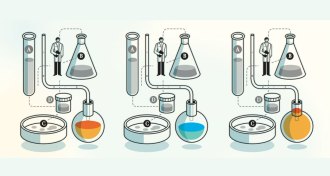 Science & Society
Science & SocietyIs redoing scientific research the best way to find truth?
Researchers don’t even agree on whether it is necessary to duplicate studies exactly or to validate the underlying principles.
-
 Earth
EarthPumping carbon dioxide deep underground may trigger earthquakes
Injecting carbon dioxide deep underground offers a promising way to curb global warming, but the extra pressure may cause faults to slip or fractures to release the buried gas.
-
 Ecosystems
EcosystemsDam demolition lets the Elwha River run free
Removing a dam involves more than impressive explosions. Releasing a river like Washington state's Elwha transforms the landscape and restores important pathways for native fish.
-
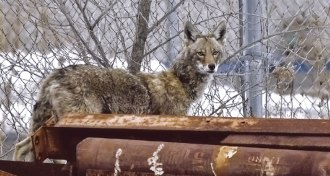 Ecosystems
EcosystemsCities are brimming with wildlife worth studying
Urban ecologists are getting a handle on the varieties of wildlife — including fungi, ants, bats and coyotes — that share sidewalks, parks and alleyways with a city’s human residents.
-
 Genetics
GeneticsThe year in genomes
From the tiny Antarctic midge to the towering loblolly pine, scientists this year cracked open a variety of genetic instruction manuals to learn about some of Earth’s most diverse inhabitants.
By Meghan Rosen -
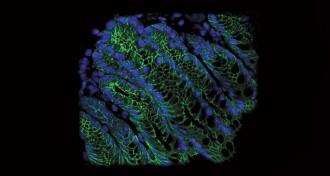 Microbes
MicrobesThe year in microbiomes
This year, scientists pegged microbes as important players in several aspects of human health, including obesity and cancer.
By Meghan Rosen -
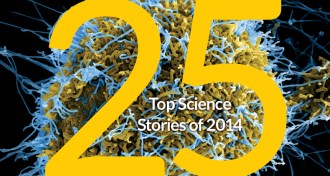 Science & Society
Science & SocietyEbola, Rosetta, e-cigarettes and more top stories of 2014
West Africa’s Ebola epidemic captured the attention of both the scientific world, and the world at large in 2014, placing it first among the Top 25 stories of the year.
-
 Science & Society
Science & SocietyScience’s good, bad, ugly year
In the race for Top Science Story of 2014, some of the contenders stumbled before reaching the finish line.
-
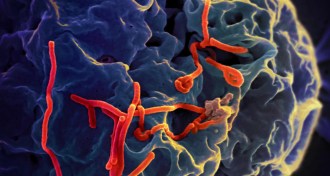 Microbes
MicrobesYear in review: Science faces Ebola epidemic
West Africa’s 2014 Ebola epidemic showed what can happen when a contagious virus emerges where cultural practices, public fears and porous borders fuel the spread of disease.
By Nathan Seppa -
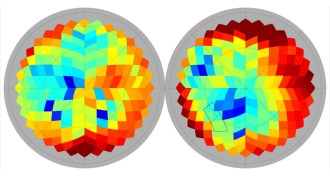 Astronomy
AstronomyYear in review: Dust obscures possible gravitational wave discovery
A possible signal from moments after the Big Bang may be due to dust in the Milky Way galaxy.
-
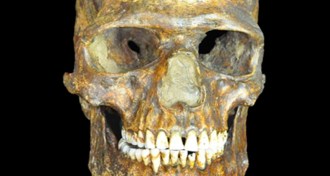 Humans
HumansYear in review: Old humans reveal secrets
DNA of the oldest modern humans is rewriting the prehistories of Europe, Siberia and the Americas.